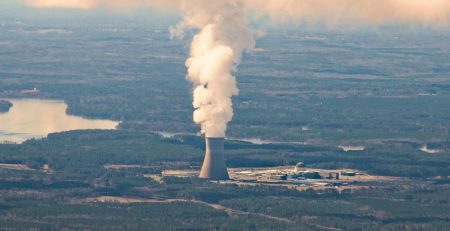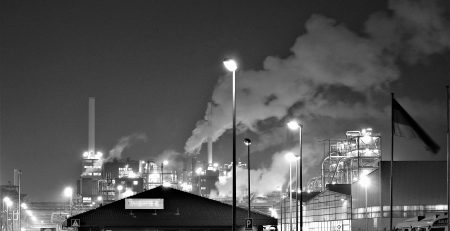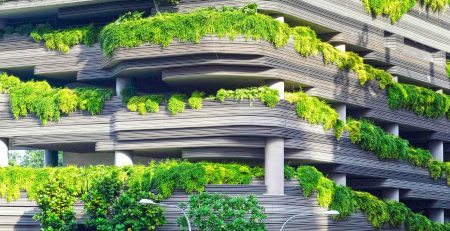Balancing Data and Engineering in the Path to Net Zero
Digitalization in real estate refers to the integration of digital technologies into all aspects of the real estate sector. This transformation is not just about adopting new technologies but also about changing the way buildings are designed, constructed, managed, and decommissioned. While data plays a crucial role in decarbonizing buildings, it is essential to recognize that engineering remains at the core of effective decarbonization strategies, driving the sector towards the net zero target.
The Role of Digitalization in Real Estate
Digitalization encompasses various technologies, including Internet of Things (IoT) devices, artificial intelligence (AI), big data analytics, and blockchain. These technologies facilitate improved efficiency, enhanced decision-making, and better stakeholder engagement in the real estate sector by:
- Monitoring and Managing Building Performance: Digital tools can track and analyze energy consumption, water usage, waste production, and other environmental impacts of buildings in real time.
- Facilitating Predictive Maintenance: AI and machine learning algorithms can predict when building systems need maintenance or replacement, preventing energy wastage and reducing downtime.
- Enhancing Building Design: Digital modeling and simulation tools allow architects and engineers to design energy-efficient and sustainable buildings by optimizing materials use, energy consumption, and waste management.
The Primacy of Engineering in Decarbonization
While digitalization provides the tools and data necessary for informed decision-making, engineering remains the fundamental discipline that actualizes the vision of a decarbonized building sector. Engineering expertise is critical in:
- Designing and Implementing Sustainable Solutions: Engineers are pivotal in developing and integrating sustainable technologies such as renewable energy systems, efficient HVAC systems, and green building materials into real estate projects.
- Optimizing Building Operations: Through their technical knowledge, engineers ensure that buildings operate at peak efficiency, minimizing energy consumption and greenhouse gas emissions.
- Adapting to Changing Regulations: Engineers help navigate the evolving regulatory landscape related to building energy performance, ensuring compliance and driving continuous improvement in sustainability standards.
Synergy Between Data and Engineering
To achieve net zero targets in the real estate sector, a collaborative approach that leverages both digitalization and engineering expertise is essential. Data-driven insights can inform engineering decisions, leading to more effective and innovative solutions for decarbonization. For example:
- Data-Driven Engineering Solutions: By analyzing building performance data, engineers can identify areas for improvement and retrofit buildings with more efficient systems and materials.
- Iterative Design Process: Digital tools enable rapid prototyping and testing of different design solutions, allowing engineers to iterate and optimize sustainable building designs before construction begins.
A Collaborative Path to Net Zero
Digitalization in real estate offers powerful tools and vast amounts of data that can drive the decarbonization of buildings. However, it is the application of engineering principles and practices that transforms this data into tangible sustainability outcomes. To effectively reach net zero targets, the real estate sector must embrace both digital and engineering solutions, recognizing that while data provides the direction, engineering delivers the destination.
Future Outlook
The future of real estate decarbonization lies in the integration of digital and engineering disciplines. By fostering collaboration between data scientists, IT professionals, and engineers, the real estate sector can unlock innovative solutions that reduce carbon footprints, improve energy efficiency, and pave the way for a sustainable and net zero future.








